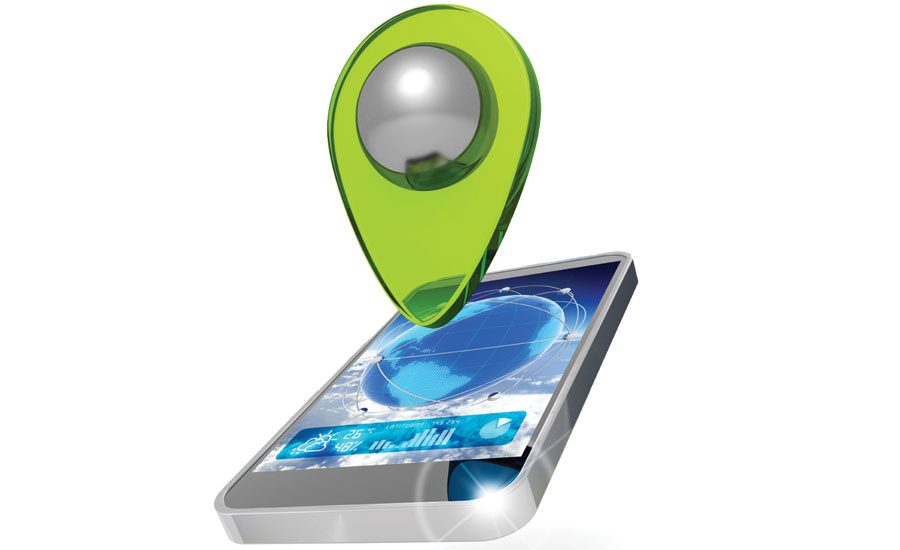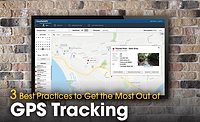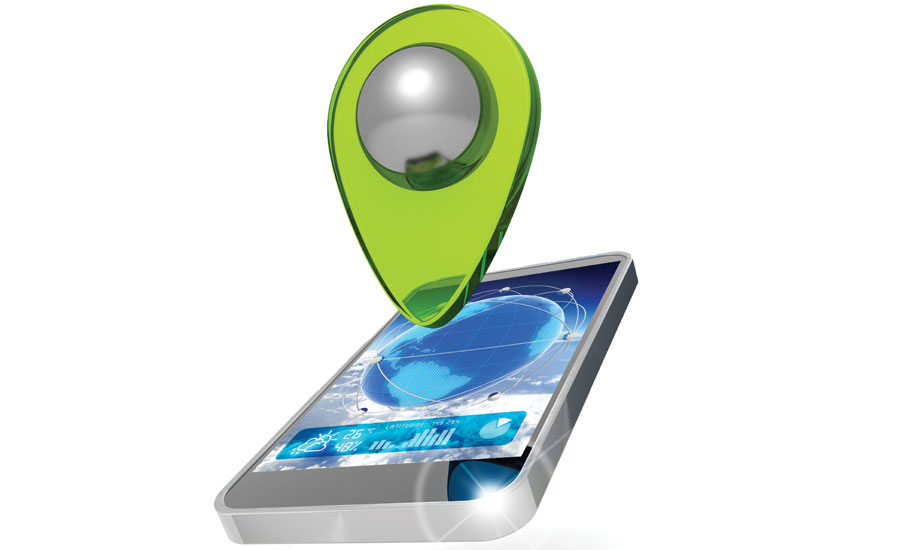Industry Buzz: GPS Tracking


Andree Llerena
Executive Assistant, DALLASWHITE Property Restoration
DALLASWHITE has been using GPS fleet tracking since July of 2015 to monitor the 11 vehicles in their fleet.
“Our vehicle maintenance has improved a lot. In addition, knowing the location of the vehicles has positively impacted the operation side of our business. Our project managers can dispatch our technicians out in the field to an emergency if necessary by locating the closest technician to that area.”
Llerena says they have not had any pushback from their employees during the implementation process, and mainly use the technology to track vehicle maintenance and location.
“I like everything about this technology, and would certainly recommend it to other restoration contractors.”
Jocelyn Dornfeld
Office Manager, A&J Specialty Services DKI
A&J Specialty Services does not use GPS tracking, they use something as simple as the “Find Friends” mobile phone app.
“We have used tracking software, but it didn’t really do anything for us. We use Diamond Solitaire to track equipment and Find Friends to know where guys are. Since we might have two or more people on one job, then we know who we can take off to go to another job, etc. We use Find Friends whenever we have multiple calls come into the office and need to pull people immediately.”
Dornfeld said they phased out their official GPS tracking technology mainly due to the added cost. She said they would really like to see advancements made for tracking equipment in the near future.
Eric Taylor
Regional Business Consultant, Paul Davis Restoration
Some Paul Davis franchises use GPS fleet tracking, but it is not mandatory.
“GPS tracking affects their bottom line so quickly it’s not even funny. One office tracks vehicle locations, idling, when vehicles are on or off, the miles, and so on. Once they start managing it, they can save above the line and below. It is an expensive up-front cost, and franchises are all sizes and shapes, so it is not a one-size-fits-all solution.”
Taylor said GPS fleet tracking can be pretty helpful in pinpointing possible issues, like a crew idling two hours in a parking lot, or keeping up maintenance on the vehicles.
Todd Ewing
Director of Product Marketing, Fleetmatics
Fleetmatics believes GPS tracking is another essential piece to the mobile workforce puzzle. Having this technology could help project managers make more informed job decisions.
“For restoration companies, real-time information helps managers to stay abreast of what their drivers are doing and how it impacts the progress of their projects. They can understand total resources and costs of multi-day, multi-week projects and better assess their payroll vs actual hours on the job in the field. Not to mention safety and fuel savings.
Ewing says implementation also doesn’t need to be a battle.
“A large part of implementing this kind of technology is having explicit communication with your employees. Explaining to them how it works and why it’s important is key to gaining their trust. Usually, if an employee feels threatened, it means that they are most likely not doing their job and don’t want to get caught.
Looking for a reprint of this article?
From high-res PDFs to custom plaques, order your copy today!







